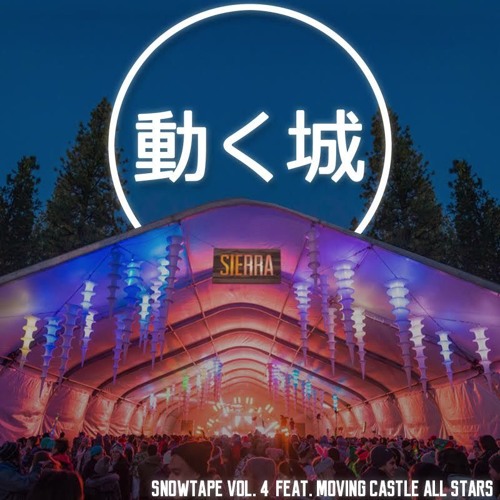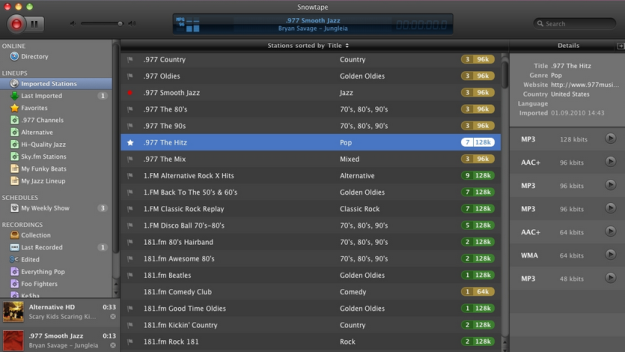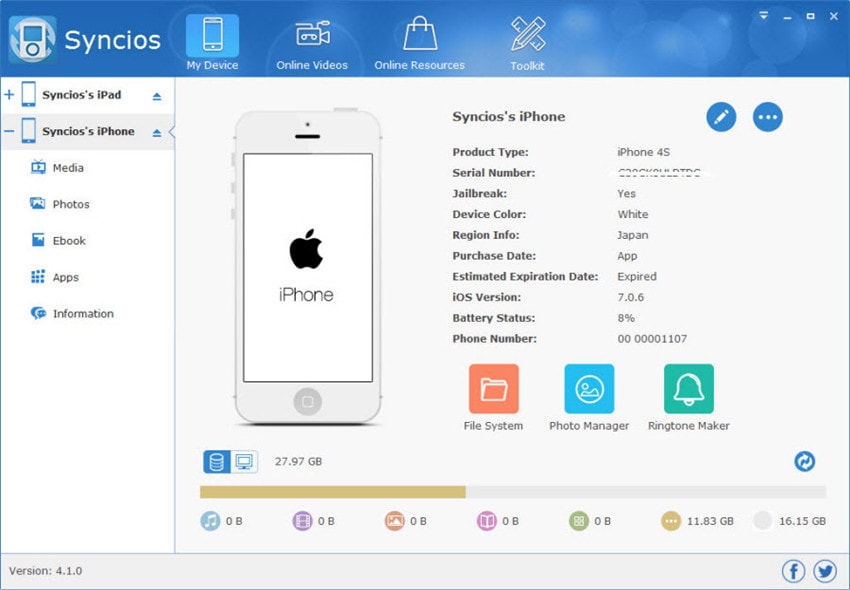
Giving a file away, like giving a pamphlet away on the street corner, implicitly gives the right to view the file. There's a perfectly good mechanism to prevent unauthorized downloading, it's called a password. Davander Mobile didn't understand that, because if they did their blog posting would be 'Oh darn the CBC figured out what we are doing and now we have to take our App off the App Store.' I speculated that their lack of understanding came from it being their first encounter with the world of intellectual property regulation and that was probably unfair, I have no basis for evaluating their cluelessness and should keep my speculation to myself. I understand that it sucks and is anathema to folks who feel like if they write an app that can pick up an audio stream and play it then they should be allowed to do that, however since I follow this stuff and its goings on I am familiar with how content owners have prevented folks from being given that right.
Two things are very well established via litigation:Ģ) The content provider has the exclusive right to say who can or cannot use / listen / access their streamed content. All of this crap has been hashed out several times in the courts by several different parties. (which goes silent when games are on)īottom line is, the content owner gets to make the rules with regards to who, how, and when their content can be consumed/received.

Or to try to listen to a major league baseball game over the Internet by going to the KNBR web site and listening to their player app. Pandora negotiated a separate contract for payments for that music. You need only look at Pandora's attempts early on to pay exactly what the radio stations pay to play music which was defeated in the courts. And permission to do that has no 'standard' for acquiring rights applied to it. There is also rule making about what radio broadcasters have to pay to rights holders when they broadcast said content.Īnd importantly, the FCC at least (and probably the Candian equivalent) don't put 'streaming audio' over the internet in the same category as broadcasting at all, rather it is a re-distribution of content. I say 'nominally' because they are generally of the form 'you cannot receieve frequencies used by celluar telephones' like this document. The manufacturing of radio recievers is nominally regulated by the FCC in the US and other state agencies in other areas. Its a twisted world though, be prepared for people who believe contradictory things at the same time. The correct 'answer' here is that you meet with the business development folks at CBC and you explain to them your 'problem' (crappy flash player yadda yadda) and your 'solution' (custom widget) and say to them "What would it take to have you on board with this?" You could offer them pre-release review rights for your app, a cut of any revenue from sales, etc etc. The OP isn't doing any of that, he just wants a decent way to listen to these guys, but from a legal perspective his 'repackaging' is no different than if it had been for more nefarious reasons, and if they don't shut this guy down then some bad guy will build their own custom player with some more obviously exploitive use and point to this guy and say "Unfair, you didn't shut him down, are you being unreasonable here?" Well that would be pretty exploitive would it not? If your a content provider you prevent that from happening by aggressively shutting down anyone who doesn't go through an approved path. But if the radio manufacturer created a radio (for example) that let you listen to CBC broadcasts, and when it detected a commercial it 'blanked out' that signal and filled in its own commercial.

Some folks here are posting 'but doesn't the radio infringe?' and the answer is no, since they have an agreement with the radio and radio manufacturers. Further they have stated in clear and bold language that such exploitation is not a right they are willing to share.

The bottom line is that CBC sees you selling an application the sole purpose of which is to play their content and it competes with their application which does the same thing. If so it could be instructional for them. This rant makes me wonder if this is the author's first dance at the IP party.


 0 kommentar(er)
0 kommentar(er)
